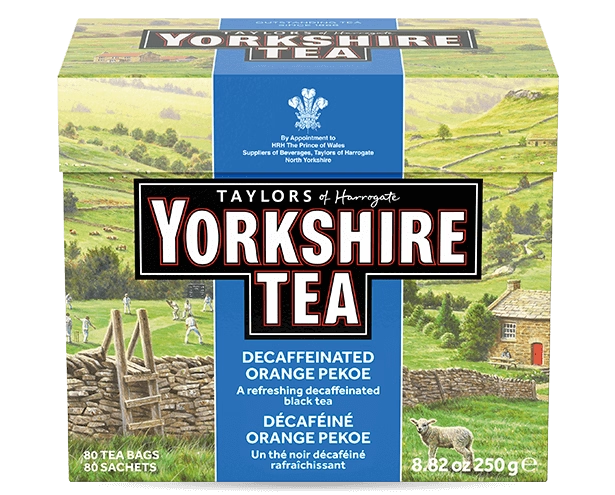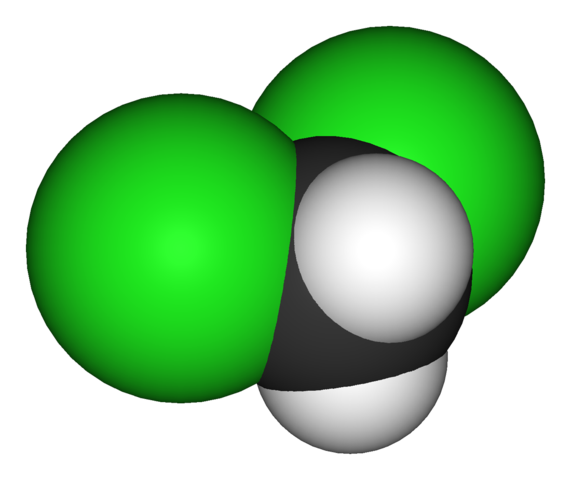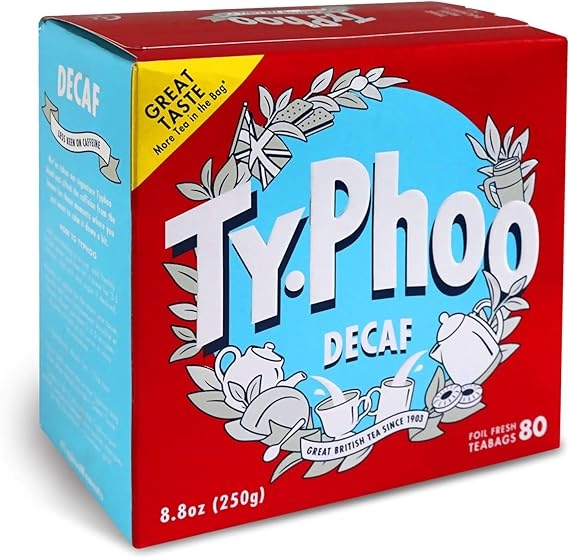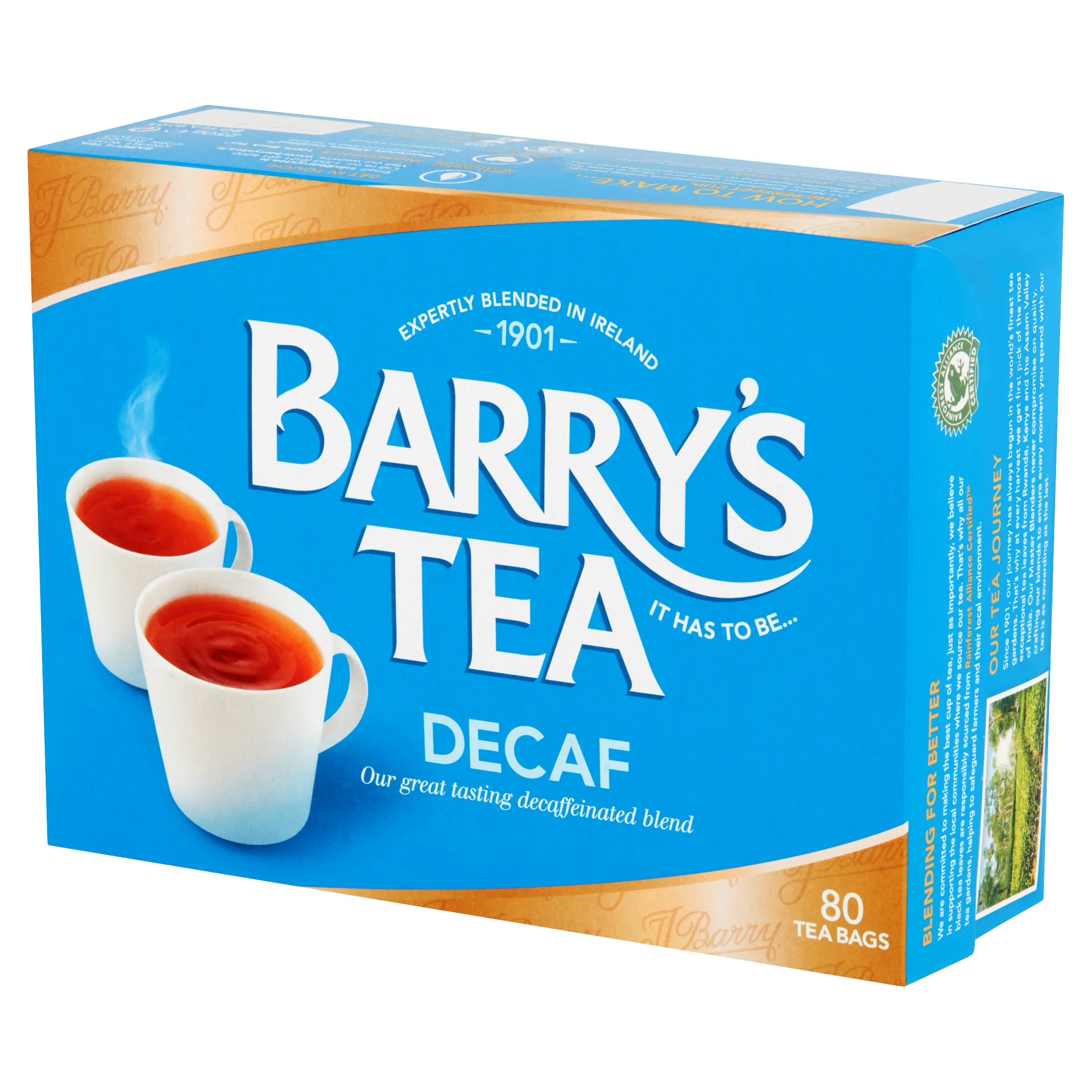Yorkshire Decaf
★★★★☆

Your spot for a great decaf cuppa, with information, reviews, and more

This may not be a satisfying answer, but: it depends.
Much of the research on Methylene Chloride toxicity involves exposure to the chemical by inhalation or direct contact with skin rather than exposure via ingestion, and this distinction isn't always obvious. This article from VERIFY, for instance, says:
The agency [FDA] maintains it is safe in this miniscule amount. However, in April, the EPA proposed banning methylene chloride for all consumer uses, citing its risk as a "likely human carcinogen."
And it's true that the United States Environmental Protection Agency recently updated their risk management policy for Methylene Chloride due to health human risks. The health risks, however, were related to "inhalation or dermal exposures" of Methylene Chloride and didn't mention any risks of injesting the substance, for example by drinking tea whose leaves were decaffeinated with Methylene Chloride.
It's worth noting, too, that the EPA, which made that determination about Methylene Chloride's risks to human health, isn't responsible for determining the health risks of food ingredients or manufacturing processes.
So while Methylene Chloride is recognized as a likely human carcinogen in certain circumstances, that doesn't necessarily mean that drinking Methylene Chloride-decaffeinated tea is unsafe.
The question we should ask isn't whether Methylene Chloride is safe in general. Instead, we should ask whether tea decaffeinated with Methylene Chloride is safe, and we can turn to the FDA and Health Canada to answer that question.
In coffee, the FDA allows coffee decaffeinated with Methylene Chloride to contain trace amounts of the substance of up to 10 parts per million, or 0.001%.

Health Canada's food safety regulations for extraction solvents also has a limit of 10 parts per million of Methylene Chloride residue in tea leaves decaffeinated with the substance, compared with 50 parts per million for tea leaves decaffeinated with Ethyl Acetate. Interestingly, Health Canada has a different level for coffee decaffeinated with Ethyl Acetate than it does for tea (10 vs 50 p.p.m), while both coffee and tea have a limit of 10 p.p.m of Methylene Chloride, so it isn't clear whether Health Canada considers Methylene Chloride more toxic than Ethyl Acetate.

According to Yorkshire, this is the best decaffeination method to preserve flavour.
We're with Yorkshire on this. Tea decaffeinated with Methylene Chloride can be mistaken for non-decaf tea. It tends to have a strong steep and doesn't taste like something has been added to the tea. It generally tastes mellower than non-decaf tea, but it still hits the spot.
If you trust the brands to meet the health guidelines, teas decaffeinated with Methylene Chloride make welcome additions to any pantry.
★★★★☆

★★★★☆

★★★★☆
